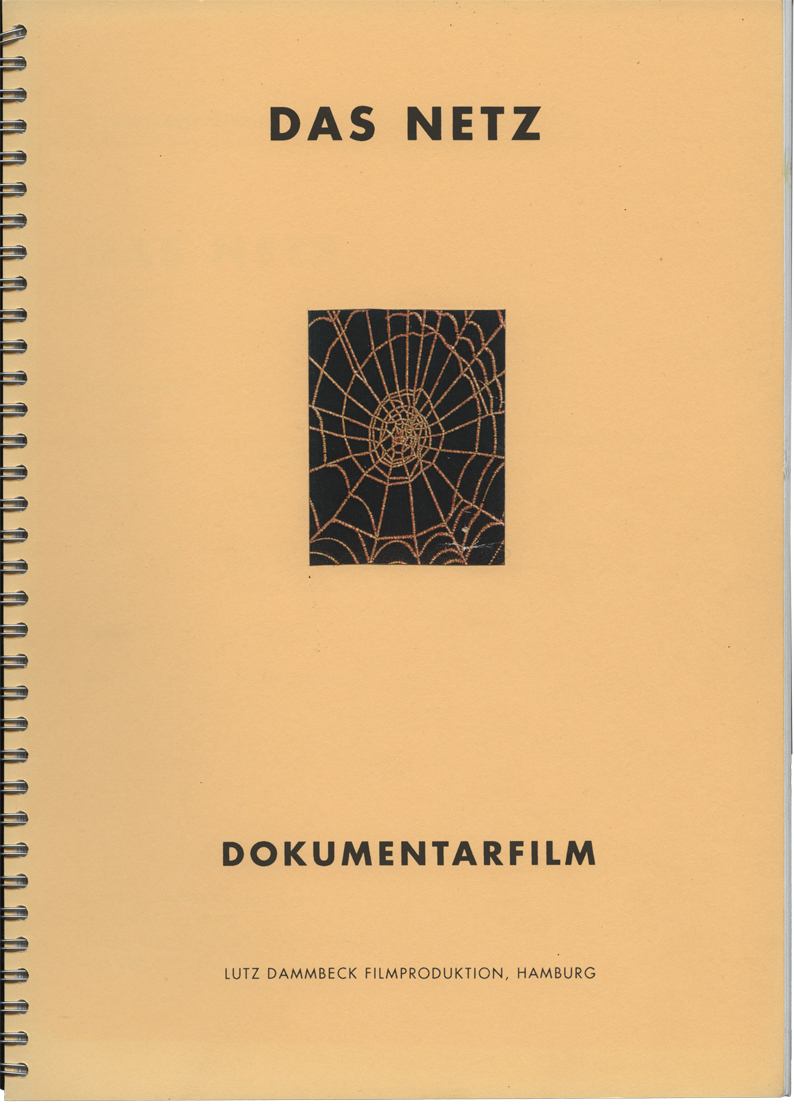The Rutherford Journal, Vol 1-4, incl. Alan Turing web-book (2005-2012)
Filed under journal | Tags: · computing, history of computing, history of science, history of technology, philosophy of science, philosophy of technology, science, technology

The Rutherford Journal publishes invited articles from leading international scholars.
The New Zealand Journal for the History and Philosophy of Science and Technology
Editor Jack Copeland
Publisher Department of Philosophy, The University of Canterbury, New Zealand
ISSN 1177-1380
View online (HTML articles)
View online (Issue 4: Alan Turing web-book)
Lutz Dammbeck: Das Netz (2003) [German]
Filed under screenplay | Tags: · computing, critique of technology, cybernetics, history of computing, history of technology, machine, silicon valley, technology

“1930 erschüttert der Wiener Mathematiker Kurt Gödel mit seinen Unvollständigkeitssätzen die Grundlagen der Mathematik. 1968 arbeitet der Physiker und Ingenieur Heinz von Foerster in seinem Biological Lab an der Universität von Illinois an der Verschmelzung von digitalen und biologischen Systemen. 1995 verhaftet das FBI in der Wildnis Montanas den ehemaligen Mathematik- professor Theodore J. Kaczynski als den „Unabomber“. Was verbindet diese Personen, Orte und Ideen zu einem Netz? Die Suche nach einer Antwort führt zurück in die 40er bis 60er Jahre des vergangenen Jahrhunderts, wo sich in Wissenschaft, Kunst und Technologie die Horizonte nach allen Seiten zu öffnen scheinen. Mit Kybernetik, Multimediakunst und militärischer Forschung werden die Fundamente der Moderne neu gesetzt. Das wird die Basis für heute weltweit vernetzte Maschinensysteme, die von Mathematik, Logik und binären Codes bestimmt werden. „Das Netz“ zeigt Konstrukteure, Maschinisten und Agenten dieser Systeme. Einer steigt aus, und versucht die Maschinen zu stoppen. Aber um welchen Preis.”
28 pages
PDF (30 MB, updated on 2020-4-17)
JPG
Christos H. Papadimitriou: Turing: A Novel About Computation (2003)
Filed under fiction | Tags: · algorithm, computing, history of computing, history of technology, machine, mathematics, technology, turing machine

Our hero is Turing, an interactive tutoring program and namesake (or virtual emanation?) of Alan Turing, World War II code breaker and father of computer science. In this unusual novel, Turing’s idiosyncratic version of intellectual history from a computational point of view unfolds in tandem with the story of a love affair involving Ethel, a successful computer executive, Alexandros, a melancholy archaeologist, and Ian, a charismatic hacker. After Ethel (who shares her first name with Alan Turing’s mother) abandons Alexandros following a sundrenched idyll on Corfu, Turing appears on Alexandros’s computer screen to unfurl a tutorial on the history of ideas. He begins with the philosopher-mathematicians of ancient Greece—”discourse, dialogue, argument, proof… can only thrive in an egalitarian society”—and the Arab scholar in ninth-century Baghdad who invented algorithms; he moves on to many other topics, including cryptography and artificial intelligence, even economics and developmental biology. (These lessons are later critiqued amusingly and developed further in postings by a fictional newsgroup in the book’s afterword.) As Turing’s lectures progress, the lives of Alexandros, Ethel, and Ian converge in dramatic fashion, and the story takes us from Corfu to Hong Kong, from Athens to San Francisco—and of course to the Internet, the disruptive technological and social force that emerges as the main locale and protagonist of the novel.
Alternately pedagogical and romantic, Turing (A Novel about Computation) should appeal both to students and professionals who want a clear and entertaining account of the development of computation and to the general reader who enjoys novels of ideas.
Publisher MIT Press, 2003
Computer Science series
ISBN 0262661918, 9780262661911
284 pages
PDF (updated on 2012-7-25)
Comment (1)
